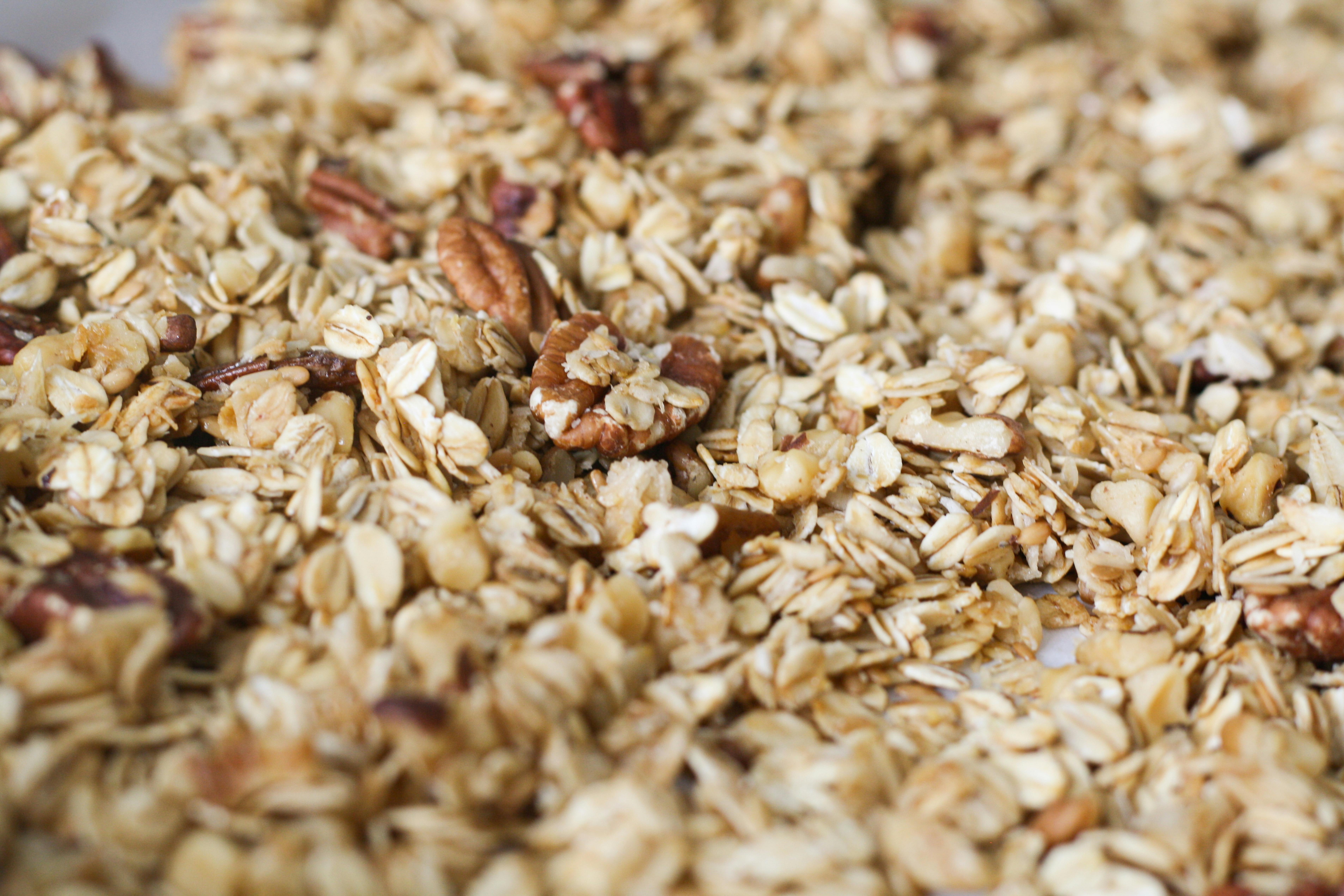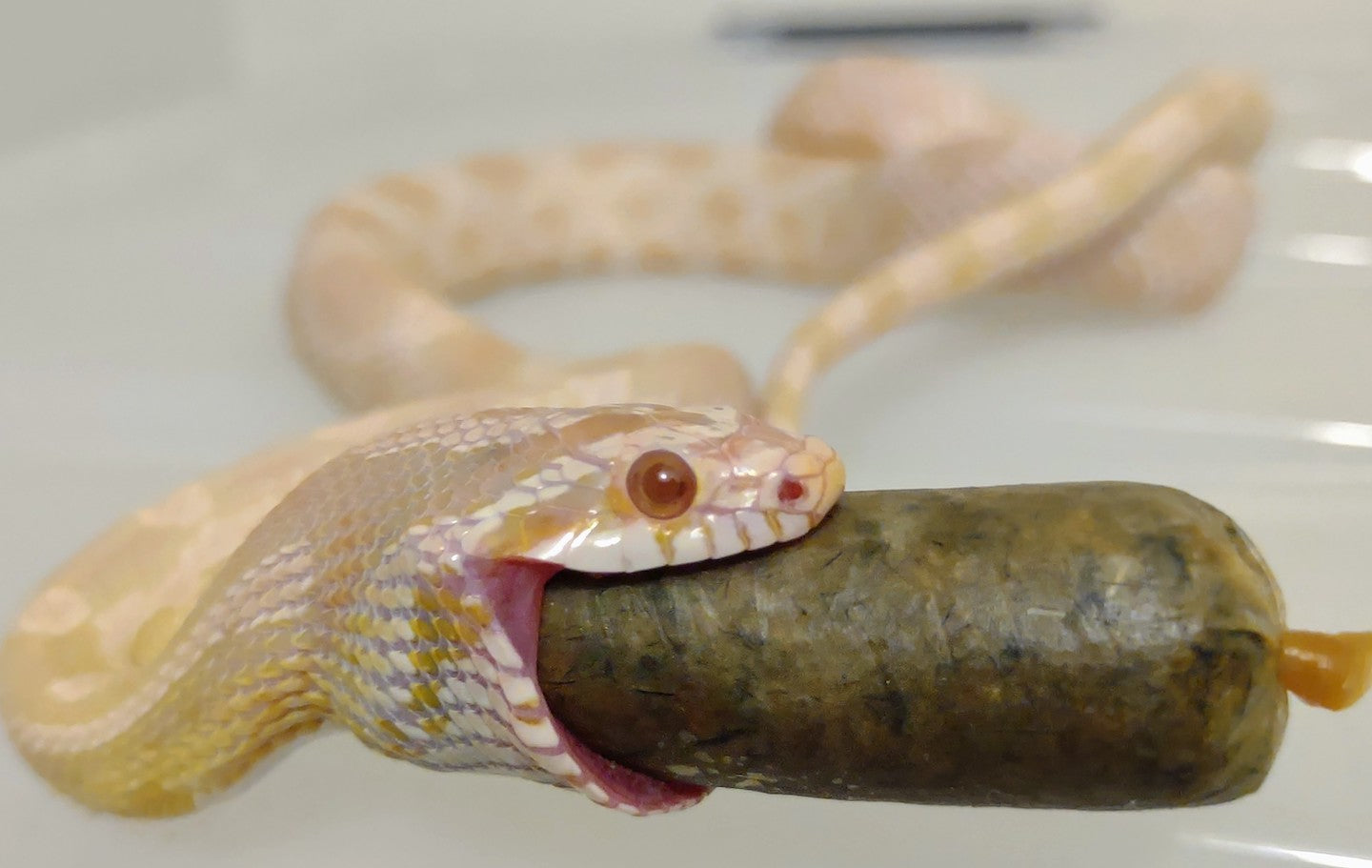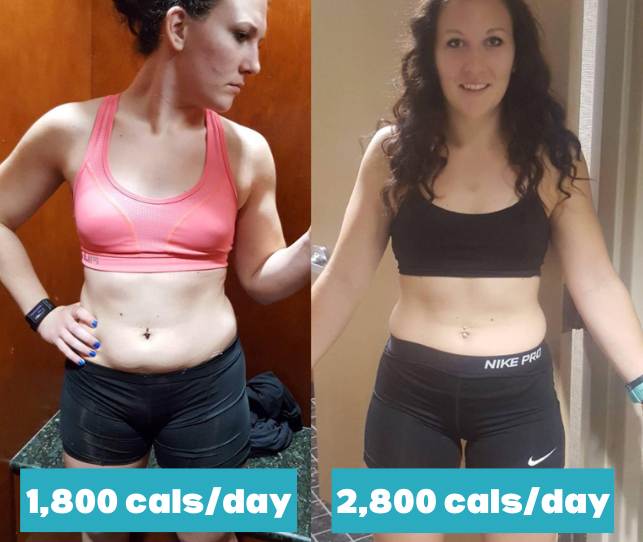
Apply Now


Understanding Caffeine Consumption and Diet Coke During Pregnancy
Pregnancy is a time filled with excitement, anticipation, and numerous changes in dietary choices. One of the most common questions that expectant mothers have is regarding the safety of their favorite beverages, including Diet Coke. While it may seem harmless, understanding the effects of caffeine and artificial sweeteners in Diet Coke is crucial for maternal and fetal health. Research shows that caffeine consumption during pregnancy should be carefully monitored. According to public health recommendations, expectant mothers should limit their caffeine intake to reduce potential risks associated with higher caffeine levels. Just as importantly, it's worth exploring healthier options for hydration during pregnancy. In this article, we will cover essential tips for pregnant women considering Diet Coke and alternative choices to ensure both maternal and fetal well-being. Key takeaways will include insights into health risks, dietary guidelines, and safe beverage options.Diet Coke: Evaluating Health Risks During Pregnancy
Building on the foundational understanding of caffeine consumption, it's vital to dive deeper into the health risks associated with Diet Coke during pregnancy. Key factors to consider include caffeine levels, artificial sweeteners, and the role of carbonated drinks in the diet.The Role of Caffeine in Diet Coke
Diet Coke contains caffeine, which can lead to elevated heart rates and may even cause complications if consumed in excess. Studies have shown that high caffeine consumption during pregnancy can lead to risks like low birth weight, premature birth, and even miscarriage. Therefore, monitoring daily caffeine intake becomes essential for pregnant women. Research also suggests that different women metabolize caffeine differently, making it crucial to consult with healthcare providers about individual limits. Health advisories recommend that pregnant women keep their caffeine consumption below 200 mg per day, which means that for Diet Coke lovers, moderation is key.Understanding Artificial Sweeteners
Diet Coke utilizes artificial sweeteners, raising concerns about potential effects on fetal development. The two main sweeteners found in diet sodas are aspartame and sucralose. Current guidelines suggest that these sweeteners are generally regarded as safe in moderation, but research continues to evolve. Some studies indicate that higher consumption could lead to increased cravings for sugar, complicating dietary choices. It's important for women to remain informed about food labels and to evaluate what they are putting into their bodies during this vital stage of development.Health Alternatives to Diet Coke
While enjoying a cold Diet Coke might be tempting, there are numerous healthy alternatives that can satisfy cravings while prioritizing hydration. Options like flavored sparkling water, herbal teas, and natural fruit juices can provide enjoyable variety without compromising health. With the increasing awareness of ingredient safety, many pregnant women are turning to beverages with natural sweeteners. These options enhance flavor without the potential risks that come with artificial ingredients, ensuring that nutritional needs during pregnancy are properly met.Hydration Tips for Expectant Mothers
With these considerations regarding Diet Coke clear, the next step is to emphasize proper hydration strategies for expectant mothers. Adequate hydration significantly influences prenatal health, energy levels, and the management of morning sickness.Daily Water Consumption Guidelines
Hydration designs an essential part of pregnancy nutrition, and water intake is critical. Guidelines suggest that expecting mothers should consume at least 10 cups of fluids daily. Staying hydrated can reduce fatigue, support digestive health, and alleviate symptoms of common conditions like gestational diabetes. Women may consider making hydration enjoyable by infusing water with fruits or herbs, adding a refreshing twist. This approach can help combat pregnancy cravings for sugary drinks while maintaining hydration.Balancing Beverage Choices
Amidst cravings for Diet Coke or other soft drinks, understanding the best choices requires a balanced approach to dietary decisions. Aligning beverage choices with nutrition guidelines is vital for maternal health. Safe drinks during pregnancy include electrolyte drinks, herbal teas, and alcohol-free beverages. Expecting mothers should also be mindful of their food intake, seeking options that align with their unique dietary restrictions. Discussing these choices with healthcare providers can ensure personalized dietary advice that supports both maternal and fetal health.Caffeinated Alternatives to Consider
If caffeine cravings persist, there are numerous alternatives to Diet Coke that may satisfy that urge without the associated risks. Some options include decaffeinated teas and coffees, as well as herbal infusions that can provide that much-needed boost without the harmful effects of high caffeine consumption. Understanding the effect of dietary inputs—and how they can impact pregnancy and fetal health—is essential. Informed choices can transform cravings into safe experiences without sacrificing enjoyment.Managing Cravings Healthily During Pregnancy
Connecting all these ideas leads us toward effectively managing cravings during pregnancy. Cravings can vary widely, influenced by hormonal changes and the body's nutritional needs.Healthy Snack Options for Mothers
To mitigate the urge for Diet Coke, pregnant women can substitute with healthy snack options. Consider satisfying crunches with fruits, nuts, or whole grain crackers. These options contribute essential nutrients while providing a healthy balance to dietary intake. Expectant mothers can also benefit from maintaining a meal routine that includes small, nutritious snacks throughout the day, helping to manage energy levels and mitigate cravings for sugary or carbonated drinks.Research on Diet Soda Effects
Emerging research on diet soda effects suggests a deeper connection between diet sodas and health impacts. Understanding how soft drink consumption could influence baby development reinforces the necessity of making educated dietary choices. Given that much of the research is ongoing, pregnant women should remain proactive in seeking medical advice tailored to their personal situations. Having discussions about beverage safety and dietary practices with healthcare professionals is essential.Emotional Well-Being and Pregnancy
While it’s important to focus on nutrition guidelines, emotional well-being cannot be overlooked. Pregnancy cravings can also be tied to emotional states, and addressing these sensations mindfully can lead to healthier choices. Exploring non-food-related avenues for emotional support can provide relief without resorting to sweetened drinks. Maintaining healthy relationships with food and beverage choices means being informed and supportive during this vital phase of life.Conclusion: Embracing Healthy Beverage Choices During Pregnancy
Navigating the landscape of beverage choices during pregnancy requires awareness and informed decision-making. While Diet Coke can be part of the conversation, emphasizing moderation and exploring healthy alternatives can certainly benefit expectant mothers. Following recommended guidelines, prioritizing hydration, and being mindful of cravings can lead to healthier choices that contribute positively to prenatal health. Being informed and proactive in dietary choices will not only enhance the pregnancy journey but also foster robust health for both mother and baby. Remember, engaging with healthcare professionals for tailored advice ensures the best outcomes in dietary practices and overall maternal health during this exciting time.
